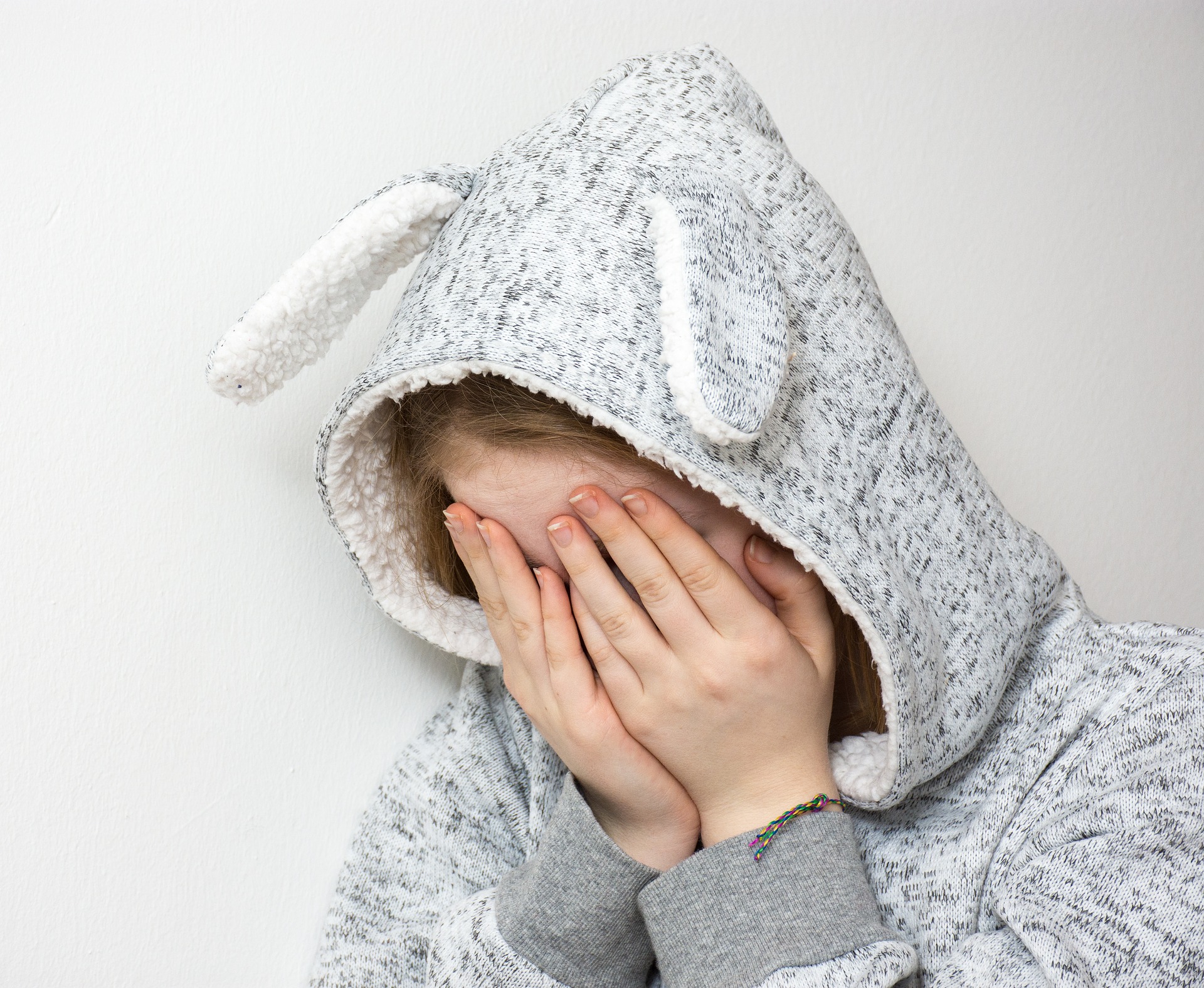7.4 Mental Health
Mental health is not just an absence of mental illness. Mental health is a combination of mental wellness and mental fitness that allows you to flourish. Persons with mental health are able to enjoy life and all that life has to offer. Positive characteristics of mental health include courage, optimism, hope, honesty, interpersonal skills, a positive work ethic, and perseverance. Other key characteristics include high self-esteem, positive body image, managing stress and sadness, and respecting yourself and others (Canadian Mental Health Association, 2010).

What Is Self-Esteem?
Self-esteem is the manner in which you view yourself. It is important to view yourself as a worthwhile and special person. It is not unusual to feel bad about yourself sometimes, especially when triggered by a negative event. Occasional negative feelings are normal. However, chronic low self-esteem is not normal or healthy. Persons with chronic low self-esteem are more likely to experience negative thoughts (see Table 7-2), depression, anxiety, phobias, and psychosis. If you feel that you have chronic low self-esteem, it is important to seek help. Talk to your doctor, a counselor from UT Arlington Counseling Services, or visit the U.S. Department of Health and Human Services, Substance Abuse and Mental Health Services Administration Web site (U.S. Department of Health & Human Services, Substance Abuse & Mental Health Services, n.d.).
| Negative Thought | Positive Thought |
| I don’t deserve a good life | I deserve to be happy and healthy |
| I am stupid | I am smart |
| I am not worth anything | I am a valuable person |
| I have never accomplished anything | I have accomplished many things |
| I always make mistakes | I do many things well |
| I am a jerk | I am a great person |
How Do I Build Self-Esteem?
Try these tips to build your self-esteem. Remember to include friends and family in the process.
- Pay attention to your own needs and wants.
- Take good care of yourself.
- Participate in activities that you enjoy.
- Take the time to accomplish goals you have set, even small ones.
- Reward yourself and treat yourself well.
- Keep your living space neat and tidy. Fill it with items you love.
- Take the opportunity to learn something new and share your talents.
From United States Health and Human Services [USDHHS], 2009
Why Is Building Positive Body Image Important?
A positive body image means feeling happy about your body in shape, size, strength, stature, and appearance. It means knowing what your body is really like and accepting your unique body (see Table 7-3). Being unhappy about your body can affect how you think and feel about yourself. Poor body image can lead to emotional distress, anxiety, depression, isolation, or eating disorders (U.S. Department of Health & Human Services, 2009).
| Negative body image is . . . | Positive body image is . . . |
| A distorted perception of your shape—you perceive parts of your body unlike they really are | A clear, true perception of your shape—you see the various parts of your body as they really are |
| You are convinced that only other people are attractive and that your body size or shape is a sign of personal failure | You celebrate and appreciate your natural body shape and you understand that a person’s physical appearance says very little about their character and value as a person |
| You feel ashamed, self-conscious, and anxious about your body | You feel proud and accepting of your unique body and refuse to spend an unreasonable amount of time worrying about food, weight, and calories |
| You feel uncomfortable and awkward in your body | You feel comfortable and confident in your body |
How Do I Build a Better Body Image?
Some of the tips are similar to building self-esteem. Overall, you should take care of yourself and honor who you are. Participate in activities that you enjoy and make yourself feel good. More specifically, consider:
- Eating healthy foods and exercise for the benefit of feeling good.
- Listing 5–10 special qualities about yourself, such as intelligence, sensitivity, or imagination.
- Wearing clothes that are comfortable and make you feel good about yourself.
- Actively choosing to take care of yourself.
From U.S. Department of Health and Human Services, Substance Abuse, and Mental Health Services, n.d.
What about Mental Illness?
Mental disorders affect an estimated 26.2% of Americans ages 18 and older (1 in 4 adults). Mental disorders are widespread. The most common mental disorders are mood disorders, such as depression and anxiety disorders. Approximately 9.5% (20.9 million) of American adults ages 18 and older have a mood disorder. Depressive disorders include major depression and dysthymic (mild) depression and others. These disorders often occur along with anxiety disorders and substance abuse (National Institutes of Mental Health, 2009). Students, who may come to college under treatment for a mental illness or who may develop one while in college, need to be sure that they seek regular treatment for those illnesses to be effective in college given the typical stressors and pressure.
How Do I Know if I Am Depressed?
Not all persons experience the same symptoms. Symptoms of depression vary in severity, frequency, and duration. Use the following list of symptoms guide. Talk to your doctor or counselor for more information.
- Persistent sadness, emptiness, or anxiety
- Feelings of hopelessness or pessimism
- Feelings of guilt, worthlessness, helplessness
- Loss of interest in usual activities that were once pleasurable
- Irritability, restlessness
- Fatigue, decreased energy, wanting to sleep all the time
- Difficulty concentrating, making decisions, or remembering details
- Insomnia or early-morning wakefulness
- Overeating or undereating
- Persistent aches, pain, cramps, headaches, or digestive problems unresolved with treatment
- Thoughts of suicide or suicide attempts
From National Institutes of Mental Health, 2009
What Do I Do if I Think I Am Depressed?
Everyone feels sad or blue once in a while. Depression occurs when these feelings do not go away on their own or recur for an extended period of time. The first thing you should do is contact your health care provider for help. Depression can be treated with medication, therapy, or other means. Getting help is important (National Institutes of Mental Health, 2010, Depression).

What if I or Someone I Know Is in Crisis?
If you are thinking about harming yourself, or know someone who is, tell someone who can help immediately.
- Call your doctor.
- Call 911 or go to a hospital emergency room for immediate help or ask a friend or family member to help you do these things.
- Call the toll-free, 24-hour hotline of the National Suicide Prevention Lifeline by dialing 988 or 1-800-273-TALK (1-800-273-8255);
For TTY dial 1-800-799-4TTY (1-800-799-4889) to talk to a trained crisis counselor.
- Make sure that you or the person in crisis is not left alone.
National Institutes of Mental Health, 2010, Suicide Prevention

